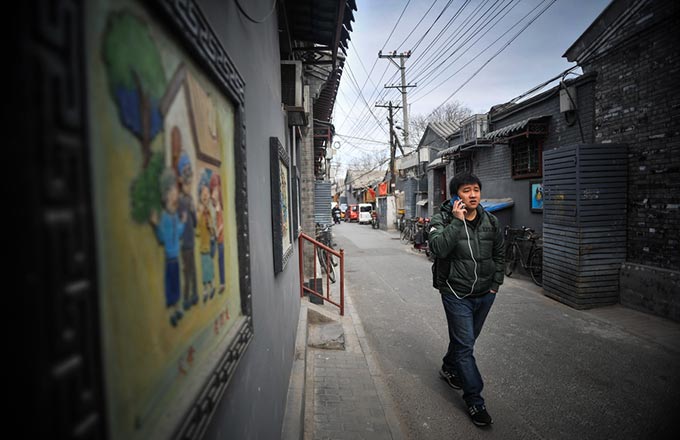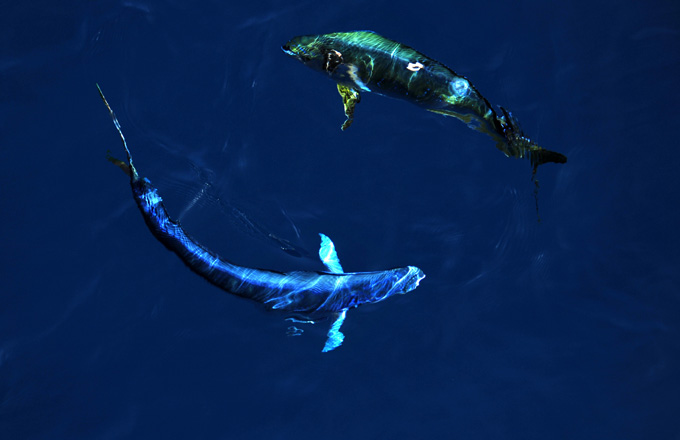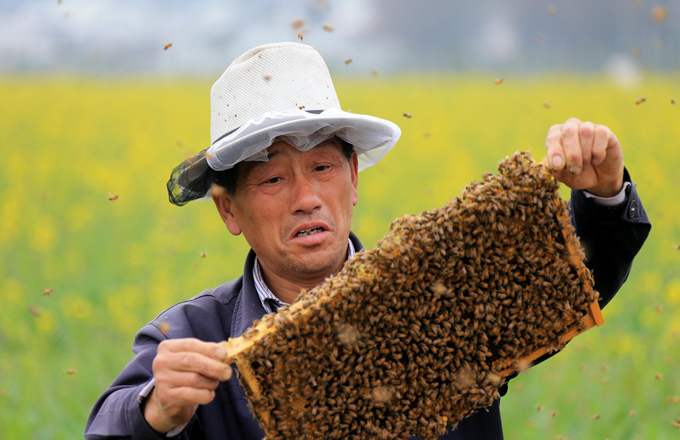

BEIJING - The news of two men dying from a new variant of bird flu has reminded Chinese of the SARS pandemic that hit the country one decade ago. Many are wondering if the government will handle the situation any better than it did in 2003, should another pandemic break out.
For many Chinese, the spring of 2003 was marked by the appearance of SARS (Severe Acute Respiratory Syndrome), which took the lives of several hundred people on the mainland, Hong Kong and Taiwan.
Now, on the 10th anniversary of the pandemic, fear is spreading following reports of two Shanghai men who died from H7N9 avian influenza, a strain that has not previously been detected in humans.
That fear was aggravated this week after four more patients in neighboring Jiangsu province were confirmed to have contracted the virus. All four are in critical condition.
But it is not necessarily the diseases themselves that have stoked fear, but also the way the government has handled them. The way information is made public, the way public health is monitored and the ways in which people observe sanitary guidelines are all under scrutiny.
As dangerous and new as SARS was, it was the government and people who made the disease more serious. The government, in particular, was criticized for failing to alert the public in a timely fashion. People in south China, where the disease originated, were blamed for eating rare animals that were found to be carrying the disease.
It may be an exaggeration to compare the H7N9 bird flu to SARS, as the former has yet to show signs of human-to-human transmission. But with a possible public health crisis looming, it is better to be safe than sorry.
Health authorities have demonstrated some positive signs regarding their ability to deal with the disease. Public health departments across the country have announced that they will monitor the disease closely.
However, authorities need to make persistent efforts to satisfy people who have become much more aware of their right to knowledge regarding public health issues.
Although the government learned a great deal from the SARS outbreak, it still demonstrates signs of immaturity. The Shanghai government has been singled out for not notifying the public about the two H7N9 deaths until nearly half a month after the deaths occurred.
The city also failed to provide details regarding 14,000 dead pigs that have been discovered floating on the Huangpu River in recent months. The river is a major source of Shanghai's drinking water.
Although the municipal government has told its residents not to worry about the quality of their drinking water, it has failed to reply to queries about the origin of the pigs and how they ended up in the river without being discovered.
Since the bird flu cases occurred in the same city and its adjacent regions shortly after the pigs were spotted, theories about possible connections between the two have arisen.
Although authorities in Shanghai said this week that no bird flu virus was detected from samples of dead pigs taken from the river, the World Health Organization (WHO) said it has not ruled out pigs as the carrier of the disease.
The farmers responsible for dumping the pigs should not escape blame. The pigs were reportedly dumped in the river by farmers from nearby Zhejiang Province, as the farmers were unable to sell the dead pigs to unscrupulous "meat processors" after local police cracked down on such activities.
Although the government does provide compensation for farmers whose animals perish, such compensation is only provided to large-scale farmers, who represent a fraction of China's agricultural industry.
The fragmented nature of the agricultural sector also makes regulation difficult to enforce, as multiple food safety scandals have demonstrated in recent years.
If there is anything that SARS has taught China and its government, it's that one cannot be too careful or too honest when it comes to deadly pandemics. The last 10 years have taught the government a lot, but it is far from enough.







